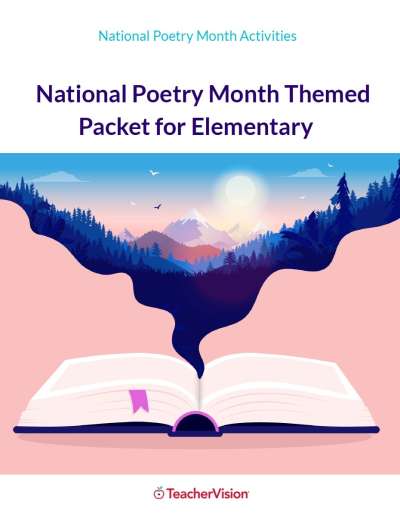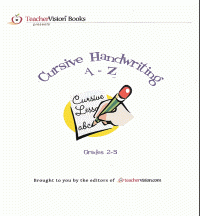Reflection is a critical 21st Century and social-emotional skill
Use our guidelines to teach Reflective Journals which are notebooks that students use when writing about their own thoughts. Our guidelines help students master this skill and encourage the development of metacognitive skills by helping students sort what they know from what they don't know. Includes suggestions to teach the process to your students.How Can You Stretch Students' Thinking?
If teachers respond to students' reflections with high-level comments and ask good, clarifying questions, students can be challenged to explore and develop a more sophisticated ability to think critically and reflectively. This allows each student's ability to discover personal meaning to grow. This should also lead to eventual improvement in each student's ability to articulate thoughts and questions across all classroom writing and dialogue. Finally, the practice of self-reflection will encourage students to accept responsibility for their own growth in learning.
When Can You Use It?
Reflective journals can be used in all subjects for students to reflect on their learning. They are especially useful when students are working in cooperative groups to assess and reflect on their contributions, understanding, roles, and responsibilities.
Reading/English
Students can use reflective journals to monitor their comprehension of reading texts, science or social studies concepts, or math processes. Also, they can describe attempts to use new skills that have been introduced. Teachers can use the journals to assess students' reading progress.
Writing
Students can reflect on the quality of their writing, their ability to transfer their thoughts into written words, or the creativity of their writing. For example, students may be asked to describe how their writing has improved or how they will choose their next personal writing goal.
Math
Students can reflect on their problem-solving skills and their comprehension of new math material. For example, students can reflect on how they solved a problem and compare their answer to other classmates' answers, analyzing their own problem-solving skills.
Social Studies
When learning new concepts or ideas in social studies, students can reflect on how well they understand the content. For example, students can make connections between their prior knowledge and what they have learned about a new topic.
Science
Students can reflect on a new science topic or concept and develop questions whose answers make the concepts clearer and more understandable. For example, while students are learning about the laws of motion, have them reflect on their learning and write questions such as "How can I find the force of an object?" and "What is an example of each law of motion?"











